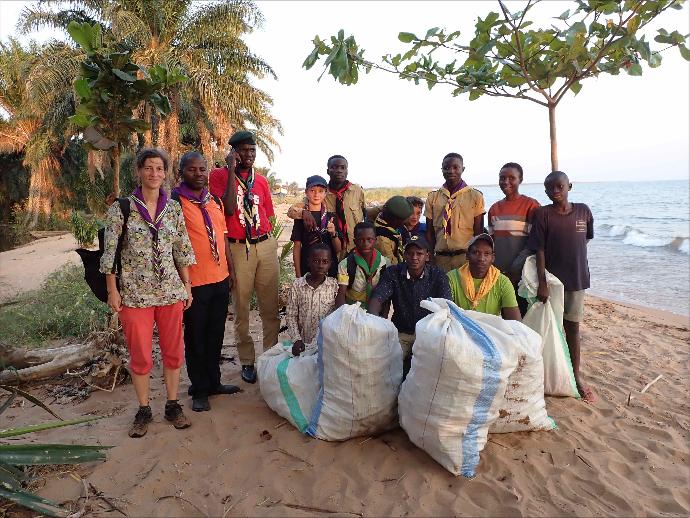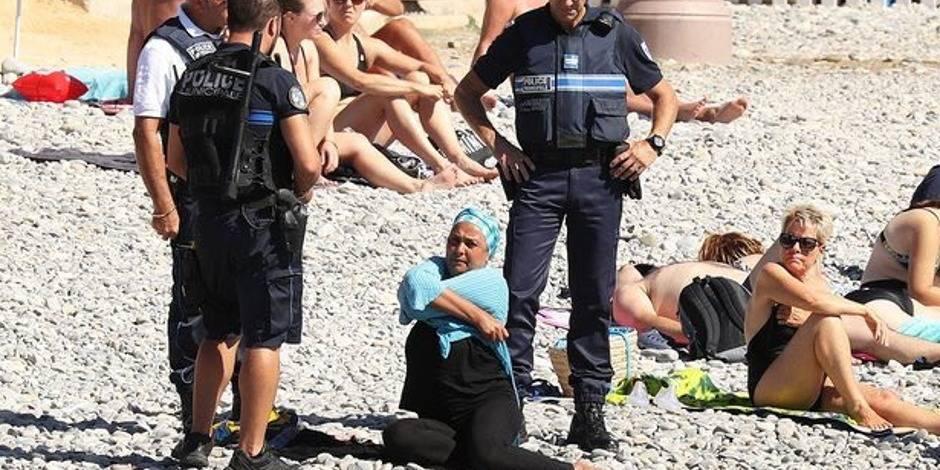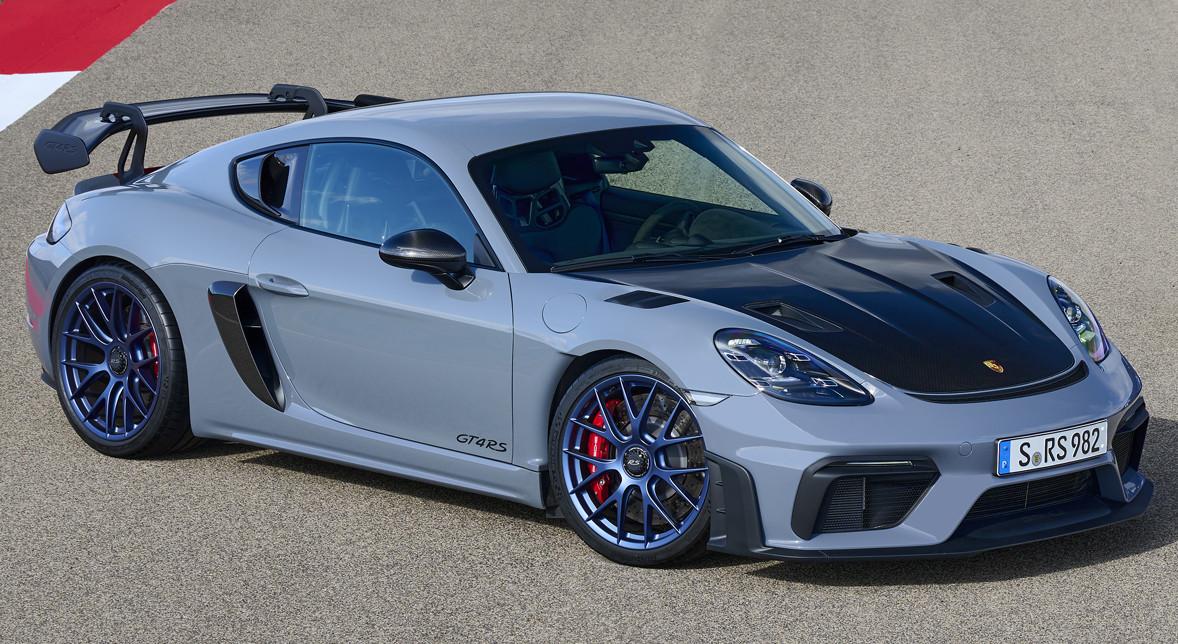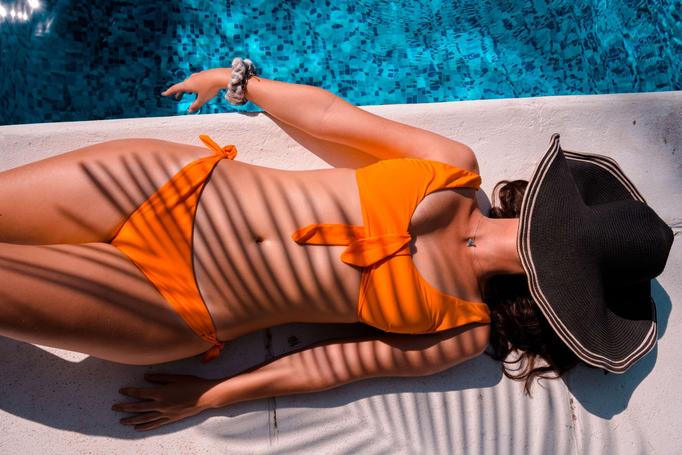Martin and Simon go around the world of biodiversity.Step 1: Tanzania.
An adventure to follow on the Geo Ado site!
My name is Martin, I am 11 years old and I live in the Grenoble region.Despite the epidemic of COVVI-19, with my brother Simon (10 years old) and my parents, we decided to live our travel dream of a year, as much as possible by bike, to meet people who preserve biodiversity.
Waste cleaning with Tanzanian scouts
In France, we are one of the scout scouts of nature.We therefore contacted the Tanzania scouts to discuss our practices.It was an extraordinary meeting that opened the doors of a trip to us outside the tourist circuits.
With them, we wanted to carry out cleaning projects for beaches and villages, and they immediately accepted.Even if the country courageously ban the plastic bags (it would be good to finally do the same in France), there is plastic waste everywhere, that people swing from their cars, buses, train ...
We were therefore able to initiate waste cleaning actions in several remote villages in the country.At the beginning, it seemed dirty and tiring to pick up waste in full sun, but with the songs and the joy of the scouts, we did not see time passing, and the beaches were super clean behind us.These projects continue thanks to the Tanzanian scouts, and we are very proud to have contributed to this.
Thanks to them we were able to discover the problems of nature (climate change, decrease in biodiversity) in the Uruguru mountains, at Lake Tanganika, and on the Indian Ocean coast, in Pangani.This is of course worrying, but they told us projects that go in the right direction.
Tanganyika lake: a unique pearl to preserve
A train that crosses the whole country in 2 days drops us off at its terminus: the far west of Tanzania, Kigoma, a port city of the 2nd largest lake in the world, Tanganyika.Imagine swimming and drinking a lake at the same time.Few places in the world can claim this, not even Baikal (it is too cold to swim!).
The lake contains 18% of fresh water on the surface of the world !!!It is very clean and clear because it contains few algae, the basic food of the fish.However, there are many species of fish, many of which are endemic (dagaas: sardines serving as basic food), birds and mammals such as red colobs, baboons, chimpanzees and many more ... many small villagesare accessible only by boat on the lake, the first road is indeed several days of walking.This lake is the main resource of the inhabitants of the lake shores.Not just fishing: they clean their laundry, wash and cook with its crystalline water.
With M.Benard Kamwe and David Balthazar, district scout managers we are launching a project to clean the beaches of the lake.We buy bags, rakes, and start our action near the city for 2 evenings.Accompanied by around 10 scouts and ever more children, we are more than 100 people at the end of the campaign and the inhabitants are rather happy.

We then joined Zashe, a small village inaccessible by road on the banks of Lake Tanganiyka, near Burundi.With 30 scouts, we go to an old wooden boat where we had to remove the water (scoped): a little worrying, but not for them.And 20 min after departure, we have to turn around and change the engine because the 1st was too low to move forward.This is also Africa: Hakuna Matata ("no problem"!)
In Zashé, we are welcomed in the night by a large fire around which we are waiting for 60 scouts, singing and dancing.When our Tanzanian friends sing, we want to slam hands, stir the buttocks, and hit your feet.Their songs are punctuated, super coaching, they give bananas.We still keep them in mind several weeks later, they give us joy.
The next day, we made a big walk to pick up plastic on the beach.All the children of the villages followed us too closely, to our taste.They shouted “Mzoungou, Mzoungou”, which means “white” in Swahili.Indeed, we were certainly the first “whites” that these children saw in their village and their curiosity, too oppressive, embarrassed us.
So we made lots of plastics on the beach and we burned them because they have no trash or pickup.We kept the plastic bottles to recycle them.With the scouts, we were trying to show people that we should not throw them in nature.
But what we preferred was swimming that followed our 5 hours of walking on the beach.Finally, we were able to swim in the “big” waves of the lake.Tanzanians have fun staying underwater, playing hide and seek.We often lost!It's also time to wash.Everyone therefore took their soap to rub their body, to rub their laundry also before diving into the water.Earlier, women did the dishes in the same waters, which explains that they are less clear here than out of the way ... But it refreshes and restores energy to swallow the traditional red riz..
With a Tanzanian scout friend, we learned the knots we know.
Water is very precious in Tanzania.Overloaded bicycle men transport it to people in cans.In more modern houses, a pumping system brings water to tap, but it is not drinkable.In some small hotels, we are rationed at one bucket of water per day to wash us.
To have drinking water, the Tanzanians buy 1.5 liter bottles, or they drink tea.In large cities, you can buy 15 -liter cans (recorded) drinking water.As for us, we use a UV filter or a small kettle to kill bacteria and viruses.That’s my job.I fill water gourds in which we plunge this device that looks like a pen, has ultra-violet light, and 90 seconds later we have 1 liter of drinking water ... I would not like to have to purify the whole'Water you use in the toilet and shower when you are at home!
Meeting with wild animals in protected parks
In Tanzania, 30% of the country's surface is reserved for the preservation of wild animals.We decided to visit some of the parks.In the parks of Udzungwa, Manyara and Ngorongoro crater, we have made exciting meetings with wild animals in their natural environment.In Ngorongoro, a national park nestled in the hollow of a volcano, we have seen many animals, some of which had a rather surprising behavior ...
1.A guide told us that the road was barred.We went to see and an acacia crossed the passage because a big pachyderm had dropped on the road.He was eating quietly, looking at us.We got closer to him as much as possible and he did not flinch.
- Sur une route, un chacal (Jacou) dormait. Nous l’avons réveillé avec notre voix et il est parti de la route pour se mettre à 1 mètre de la voiture en nous regardant. Tout le monde était sous le charme de ce petit chien au ventre marron et au dos blanc à points noirs.
- Un peu plus tard, le guide, Aroun, nous dit : “Regardez là-bas, il y a un rhinocéros noir !” Il devait être à 2 km de nous et même en conduisant, il a pu le voir ! Normal, il est de la tribu des Masaïs, habitués à regarder au loin dans la savane. Plus tard, le rhino s’est approché et on a pu voir sa magnifique corne et son corps de char d’assaut !!!
- À un moment, nous avons vu une lionne. Elle était couchée à 20 mètres de nous et avait un énorme ventre. Nous pensons qu’elle avait trop mangé, mais peut-être qu’elle attendait des bébés. Peu importe, cette lionne était très jolie et très fatiguée. Elle s’endormait petit à petit, avec un troupeau de gnous derrière elle au loin, qui ne risquait plus rien.
- Tout d’un coup, une autruche mâle traversa la route et dansa vers une autruche femelle. Les ailes et les plumes du mâle dansaient et montaient vers le haut (je pense que cela veut dire : “je t’aime !”) et la femelle descendait les ailes vers le bas, tandis que ses plumes dansaient comme le mâle (et je pense que cela veut dire : “pas moi !”). On était super content d’ avoir assistés à ce moment unique…
- La grue royale, grâce à ce safari, est mon oiseau préféré. J’aime sa tête élégante, sa huppe dorée, ses yeux bleus, son corps de pintade mais plus gros et plus gris, avec de longues pattes. Et son vol magnifique, avec ses grandes ailes grises et noires. Son bec picore gracieusement l’herbe avec une élégance inimaginable.








